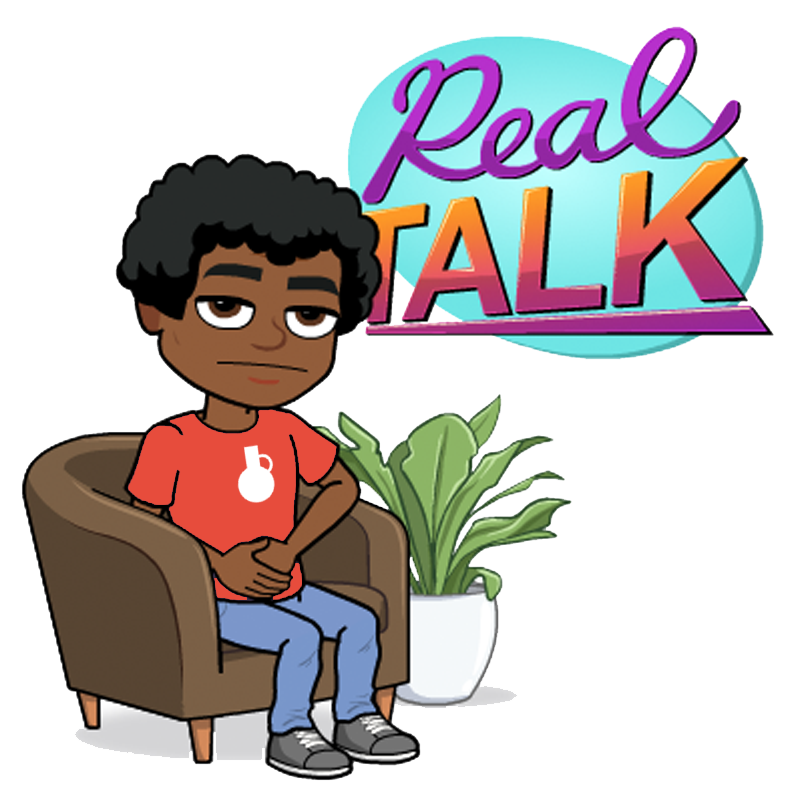
There has been a huge international attention on Fake News recently.
So, let’s look at how Fake News became a thing...
First, what is Fake News?
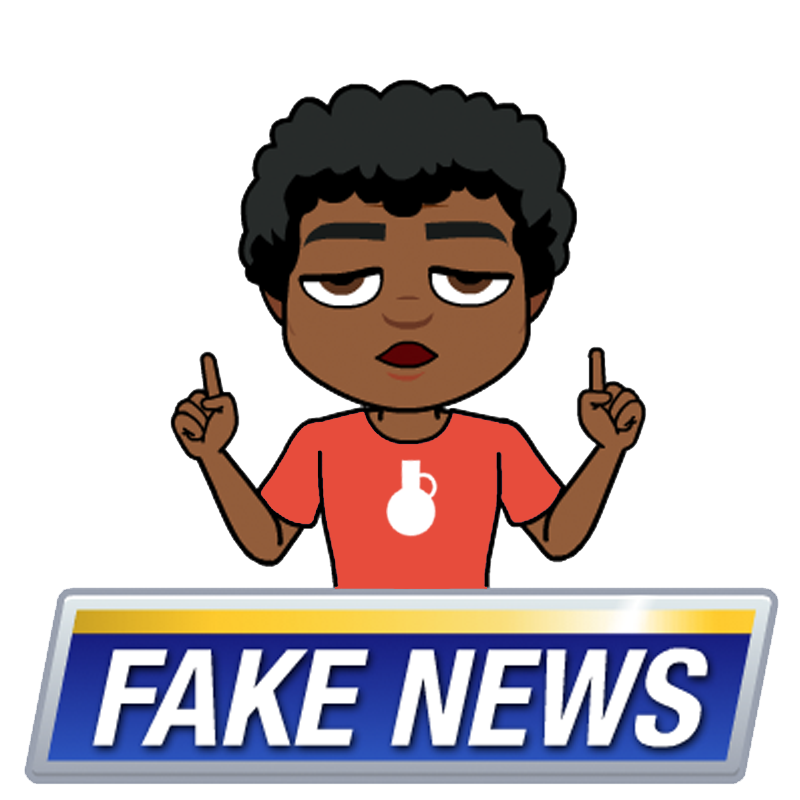

CNN?
No. CNN is not Fake News!

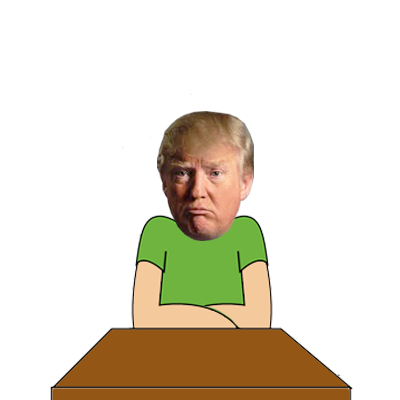
Wikipedia:
Fake news is a type of hoax or deliberate spread of misinformation, be it via the traditional news media or via social media, with the intent to mislead in order to gain financially or politically.
Is The Daily Show Fake News?

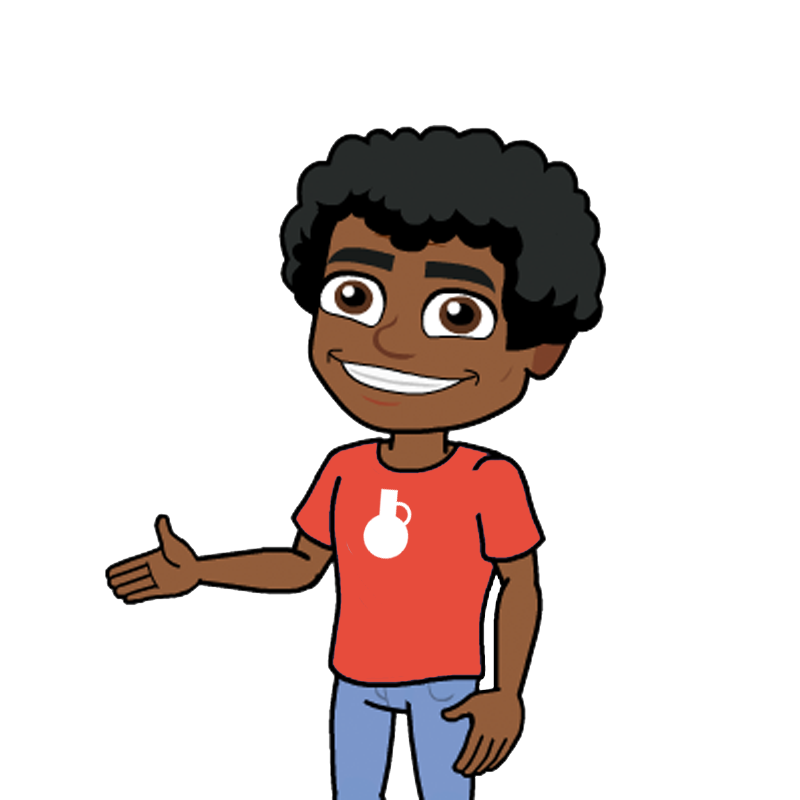
Good question. The Daily Show
has been called Fake News on many occasions. Including by Jon Stewart himself.
Jon Stewart once joked:
Our show is obviously at a disadvantage with any of the other news shows we're competing against. For one thing, we are fake.

However it’s not Fake News. It’s a Political Satire, like the many other shows it has inspired.

Yes these shows have correspondents with fake titles, but that’s for humor purposes.

The content of these shows is real and they present the news through comedy.
These comedians don't actually like to be called journalists because they think it's disrespectful to the real journalists.
Click here to watch to this short clip 👇
Now that we have a basic definition, let's go back in time.
For most of history Fake News was a form of harmless prank.
Like War of Worlds, a radio cast from 1938 by Orson Wells. It's about an invasion by Martian aliens.

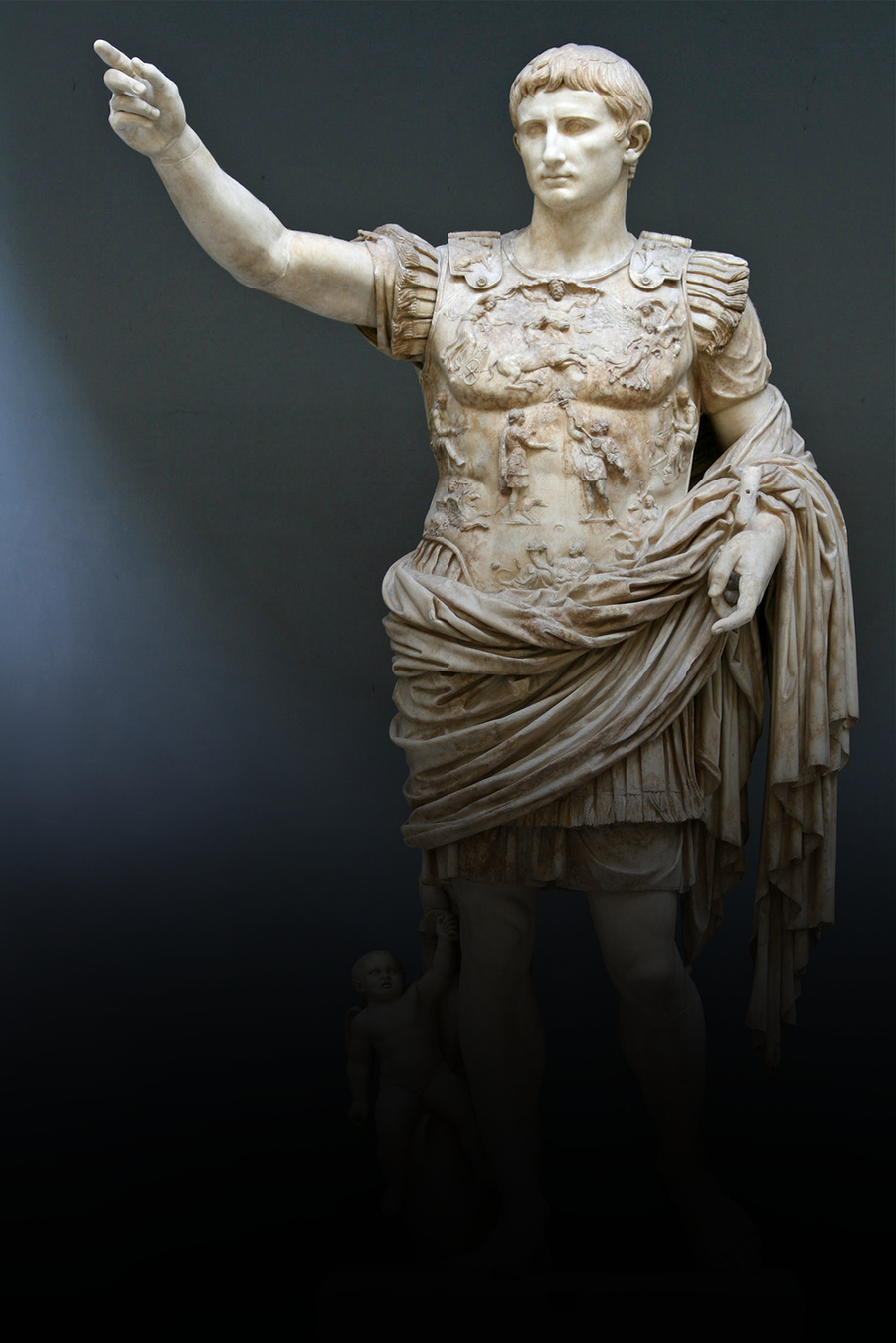
One of the earliest recorded examples Fake News in politics dates back to the 1st century.
During Rome’s transition from a Republic to an Empire, Augustus ran a misinformation campaign against Marcus Antonius.

Another good example is from the French Revolution.
Queen Marie Antoinette's famous and fake line “Let them Eat Cake”.

The story goes, the queen was told that the peasants are protesting because they are hungry and don’t have bread.
She replied “Let them eat cake” because that's what she ate whenever she ran out of bread.

She never actually said this.
But the story was one of many used in a campaign to show the people how the royal families are
out of touch.
The Queen and her husband Louis XVI were publicly executed during the French Revolution.
Now this is not to say Fake News started the French Revolution or caused the execution of the King and the Queen of France. But this was the first time Fake News played a big role in politics.
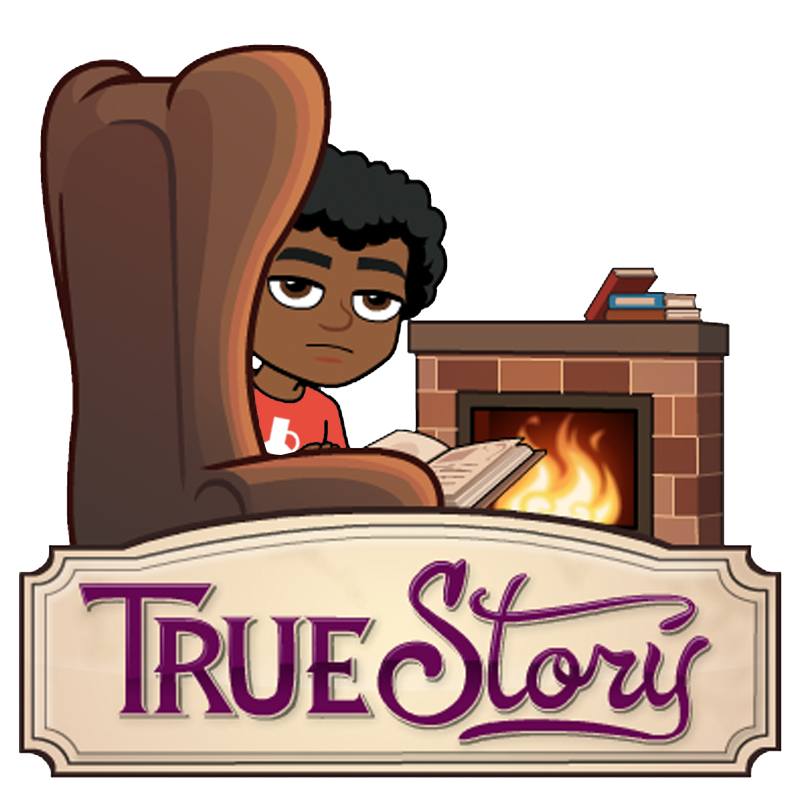
So why all the recent fuss about Fake News?

The are couple of factors:
First is the U.S. Election 2016.
In fact most countries have laws that limit campaigns to only few months before elections.
American presidential election campaign starts almost 2 years before the election. This is not the case in other countries' elections.
Not in 'Murica! ✊
Here, it’s a multi-billion dollar business.
There is a huge media attention on it and it’s followed all over the world.

The second factor is social media and its unprecedented reach.
Facebook, for example, now has almost 2 billion users. That's 28% of the world. 80% of online Americans are on Facebook.
This level of reach is unprecedented. Information can now spread at an incredible rate.
When you have a divisive election such as the 2016 election, some people saw an opportunity to spread misinformation about the candidates.
Most publishers of Fake News do it for financial reason, but some are political.

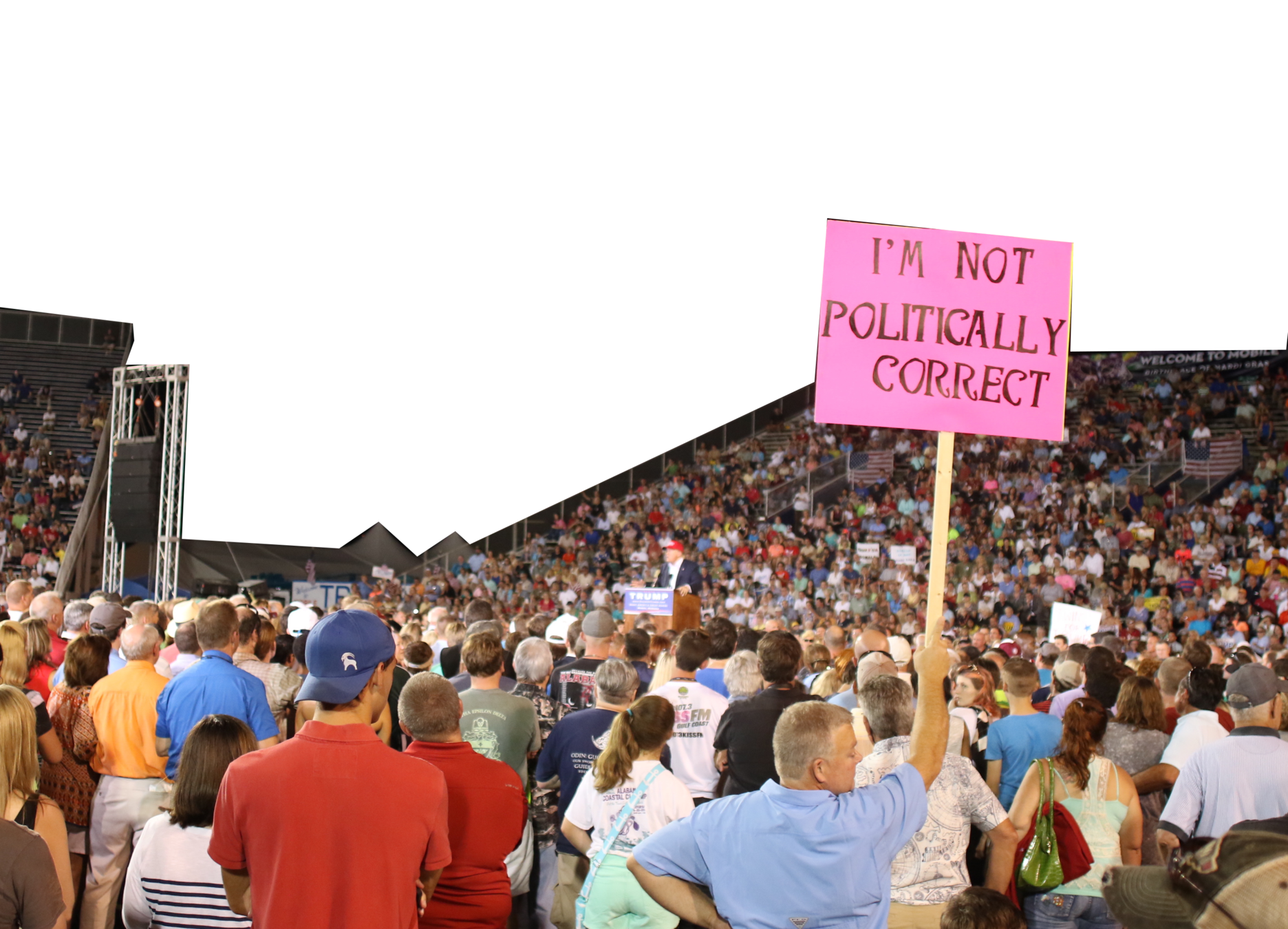
When people see a damning headline about the candidate they hate, they don’t even bother reading the article and double checking. They just hit share.


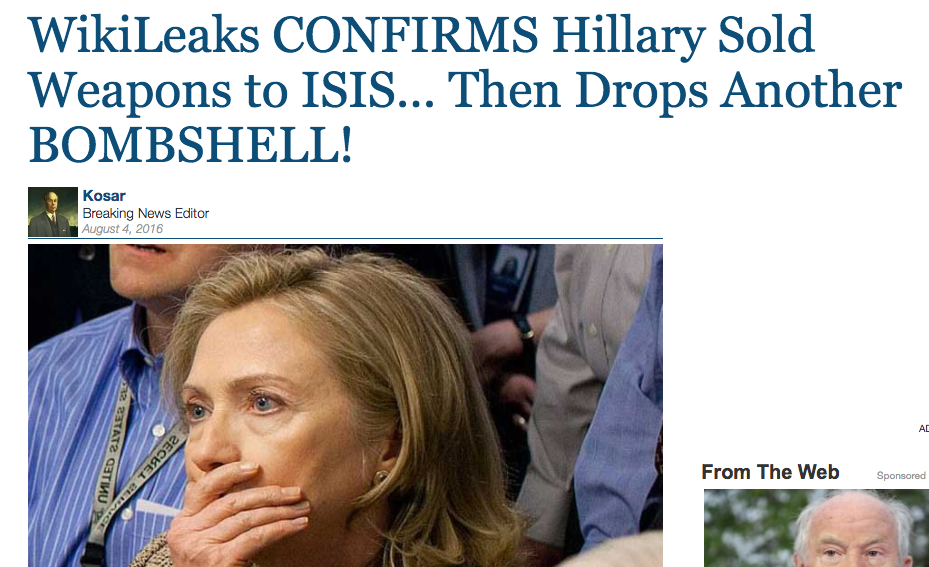
At one point in the 2016 election, Fake News stories received more shares than mainstream news stories.
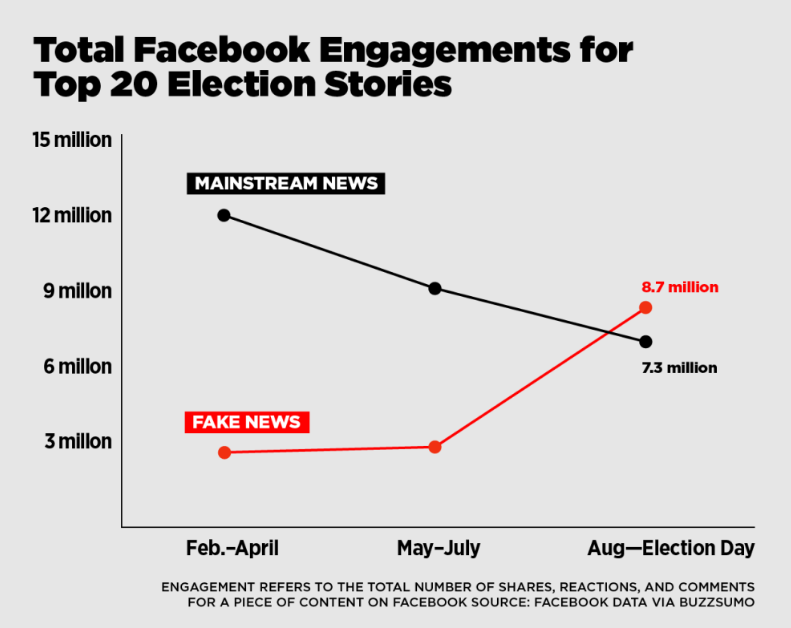
Now that we have seen the evolution of Fake News,
how do we battle it?
For the long term battle, it should be taught in schools.
Stanford's research shows students at all grades have hard time spotting Fake News. Therefore. it should be a skill students learn at a young age.


For the short term, platforms like Facebook are turning to users to help with labeling Fake News.


Fake News articles shouldn't be completely removed because they are form of free speech. It's the reader's responsibility to do verification before sharing.
Here is what you, as a user, can do:
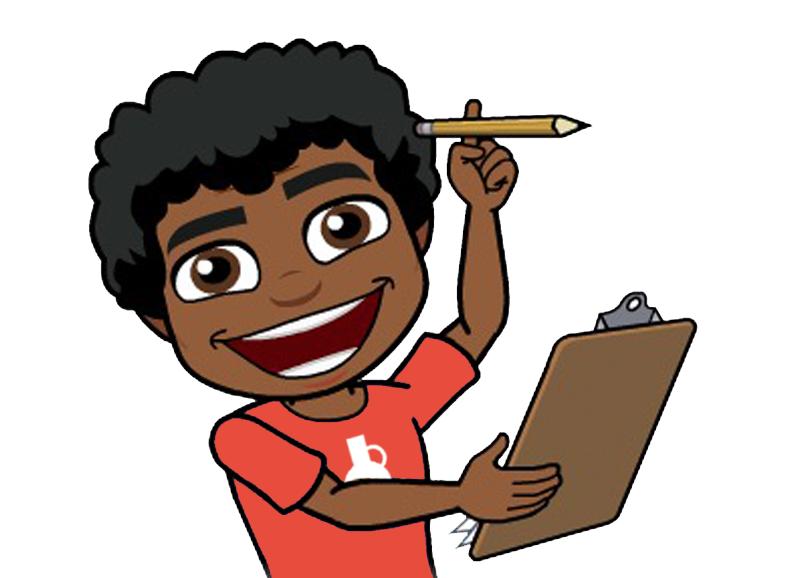
1. Don’t be quick to share. If a headline seems out of the ordinary, it probably is.
Here is what you, as a user, can do:
2. Go beyond the headline. Fake News headlines are designed to appeal to your emotions and they are JUICY.

Here is what you, as a user, can do:
3. Look at the publisher. Most will have names that sound like real publishers. If they use names of real publishers, then look at the domain of the website.

Here is what you, as a user, can do:
4. Search for the story to see if others are also reporting on it. Real stories are almost always reported by multiple outlets.


"Don't believe everything you read on the internet. Make sure the source is reliable."
Abraham Lincoln, 1864
Thanks for your time!
